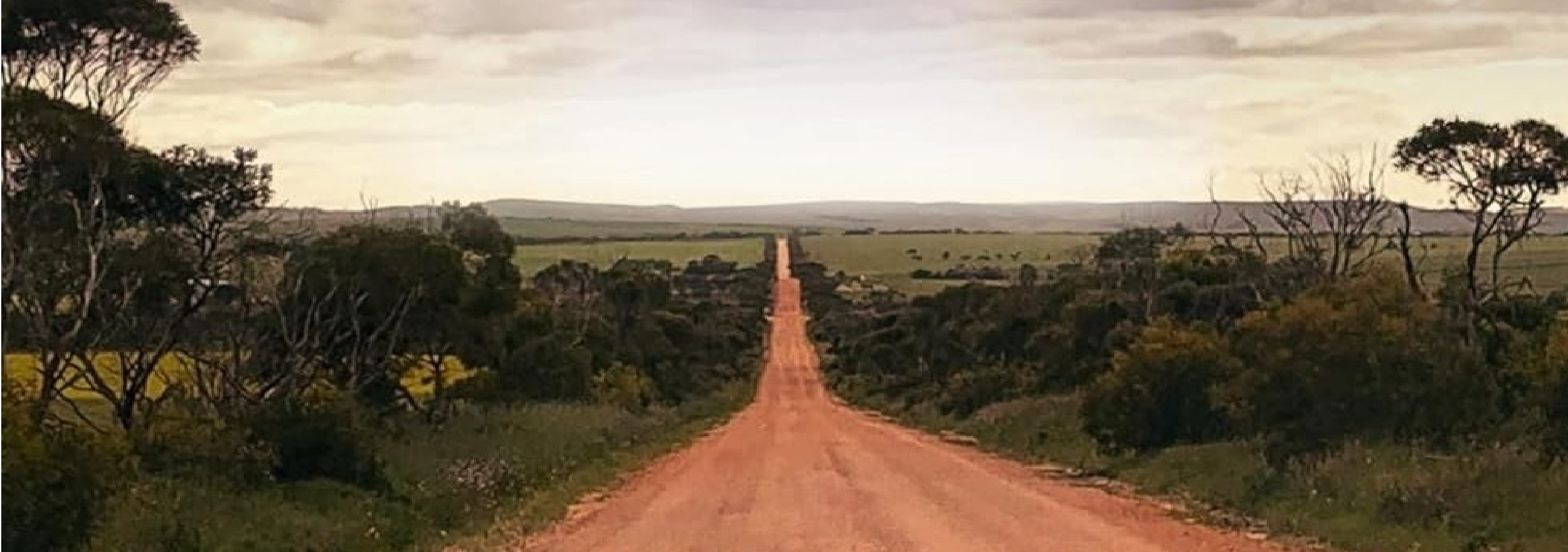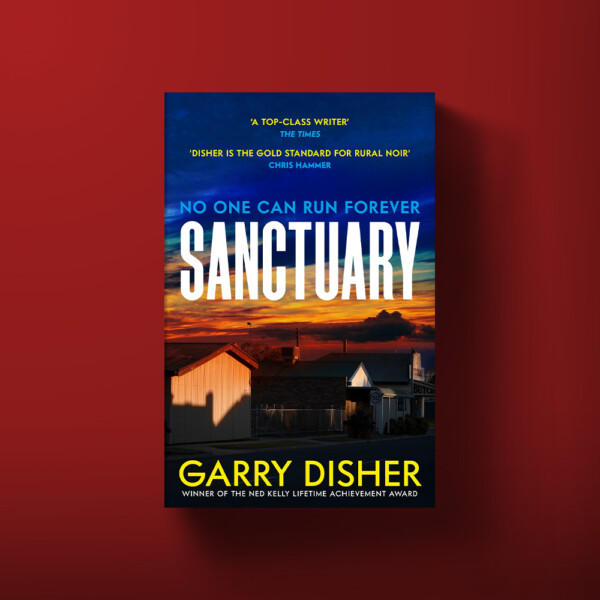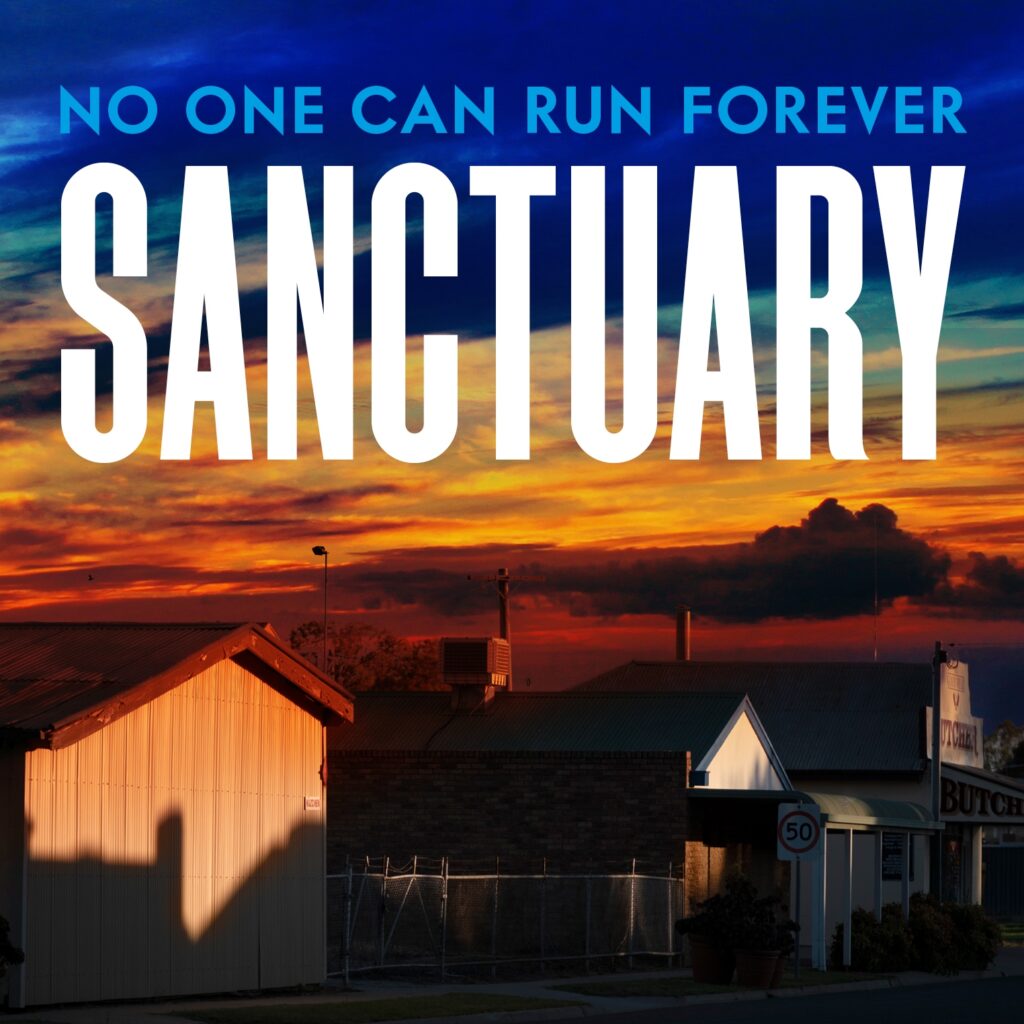NEWS
Steel Dagger Recommendation: Garry Disher’s Sanctuary
BECOME A FLEMING INSIDER > JOIN HERE
Steel Dagger Recommendation: Garry Disher’s Sanctuary


Posted on 19 June, 2025
Looking for the your latest read? Meet Garry Disher, author of Sanctuary, shortlisted for the Ian Fleming Steel Dagger literary prize at the annual Crime Writers’ Awards – which celebrates the best in new thriller writing.

Tell us about Sanctuary
I’ve always been interested in crime-from-the-inside novels. I’ve written a series featuring an armed hold-up man named Wyatt, for example. Readers tell me, ‘I don’t approve of Wyatt, but I want him to win’—which is exactly my intention. Grace, the main character in Sanctuary, is a kind of female Wyatt, and first appeared as a minor thief in Blood Moon, one of my Challis and Destry police procedurals. She wouldn’t leave me alone afterwards; she demanded her own story. In Sanctuary she’s trying to go straight, and finds work selling antiques, but a hard man from her past is looking for her, and a violent ex-husband is looking for her boss, and Grace finds herself drawing on old skills to survive.
What do you hope readers will take away from your book?
In all of my crime fiction I try to place the events in the context of prevailing social tensions rather than pretend they occur in a bubble, and so we see, in Sanctuary, the effects of toxic masculinity, greedy influencers, conmen and domestic violence. I don’t believe in preaching, of course: the story comes first.
How did it feel to be on the shortlist for the CWA Ian Fleming Steel Dagger?
I’ve won several Australian and German best-crime-novel awards over the years, but somehow this shortlisting is more fulfilling—mainly because it’s the Steel Dagger but also because, until recently, I’d not had a sense of a readership in Australia, let alone anywhere else, and it’s been gratifying to find new readers, and recognition, in the UK. Also, I was an Earls Court Aussie, back in the 1970s. We were always made welcome—but with a faint tinge of ‘dumb colonials.’ This Steel Dagger shortlisting is my revenge.

What is your writing process?
I write from 8 a.m. until noon, six days a week, and in that time might write several pages or only a paragraph. I write longhand, for I can’t think through a keyboard, with lots of crossings-out, notes-to-self and, arrows and asterisks, often typing (editing and rewriting as I go) the morning’s work into my desktop computer in the afternoons. I’m also a planner, spending weeks on the plan until the whole book is in my head—but I’m not a slave to it, I’m always alert for the voice at the back of my head, the tap on my shoulder.
What is your favourite thriller and why?
The Butcher’s Boy, by Thomas Perry, first published in 1982 and winner of an Edgar Award. I read everything Perry writes, from his standalones to his Jane Whitefield series, featuring a character who helps people escape from those who mean them harm. The main character of The Butcher’s Boy is a hired killer cheated out of his fee for killing a senator. While seeking redress he’s tracked by a young Justice Department analyst. Perry’s books are always soundly researched, the actions are convincing, and the writing, though plain, is tense and efficient.
And finally, what advice would you give to aspiring thriller writers?
Read widely until you have a good sense of the widely differing approaches of seasoned writers to storylines, settings, style and characters. Don’t feel that your own approach has to be utterly original: boy-meets-girl has been told over and over again in romance fiction, for example. But you should write a story that matters to you, that you have faith in, that perhaps only you could tell, rather than a copy of the latest bestseller. Do solid research (but wear it lightly) and ensure that your main character saves the day rather than chance, coincidence or the cavalry riding to the rescue. And write: don’t think or say that you’re going to write.
Check out his book for yourself. Find out more about the Crime Writers’ Awards here.